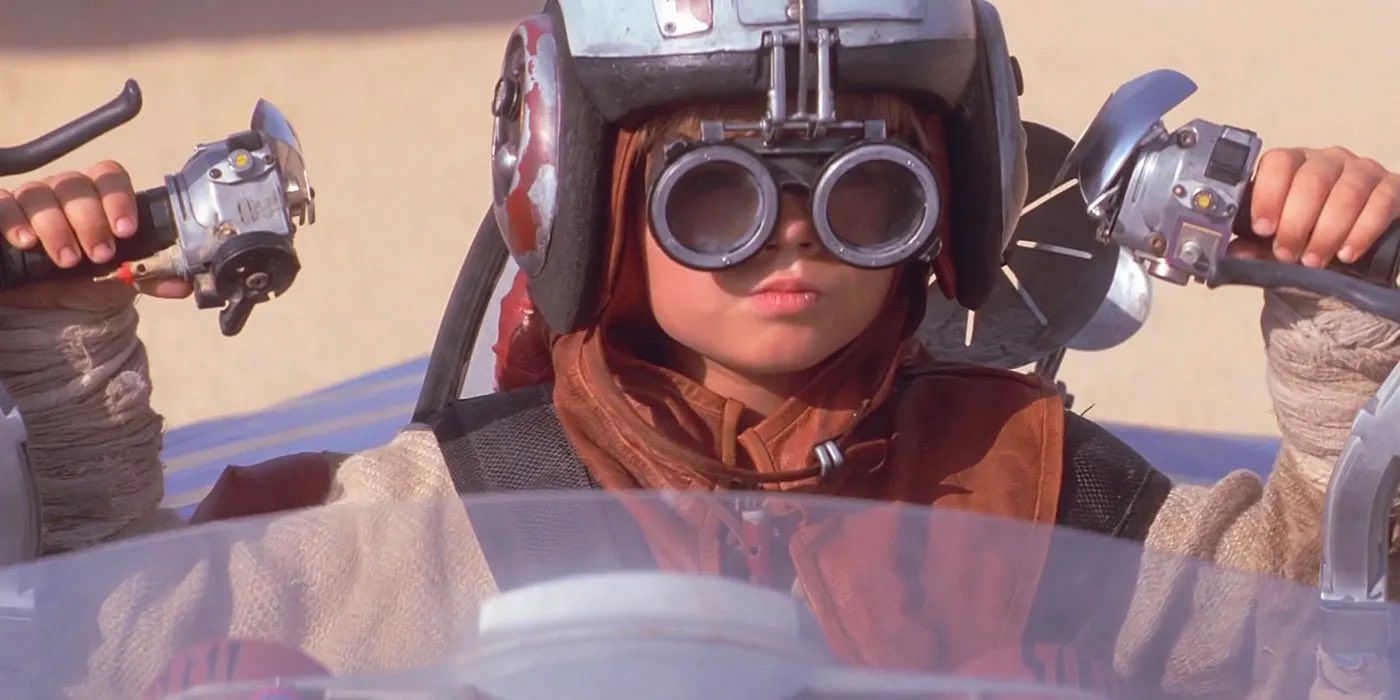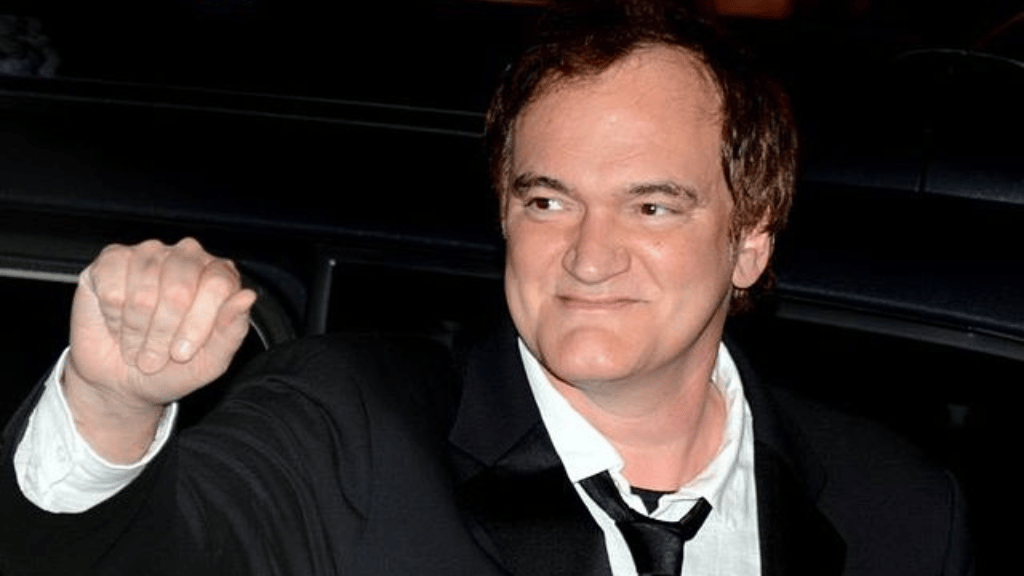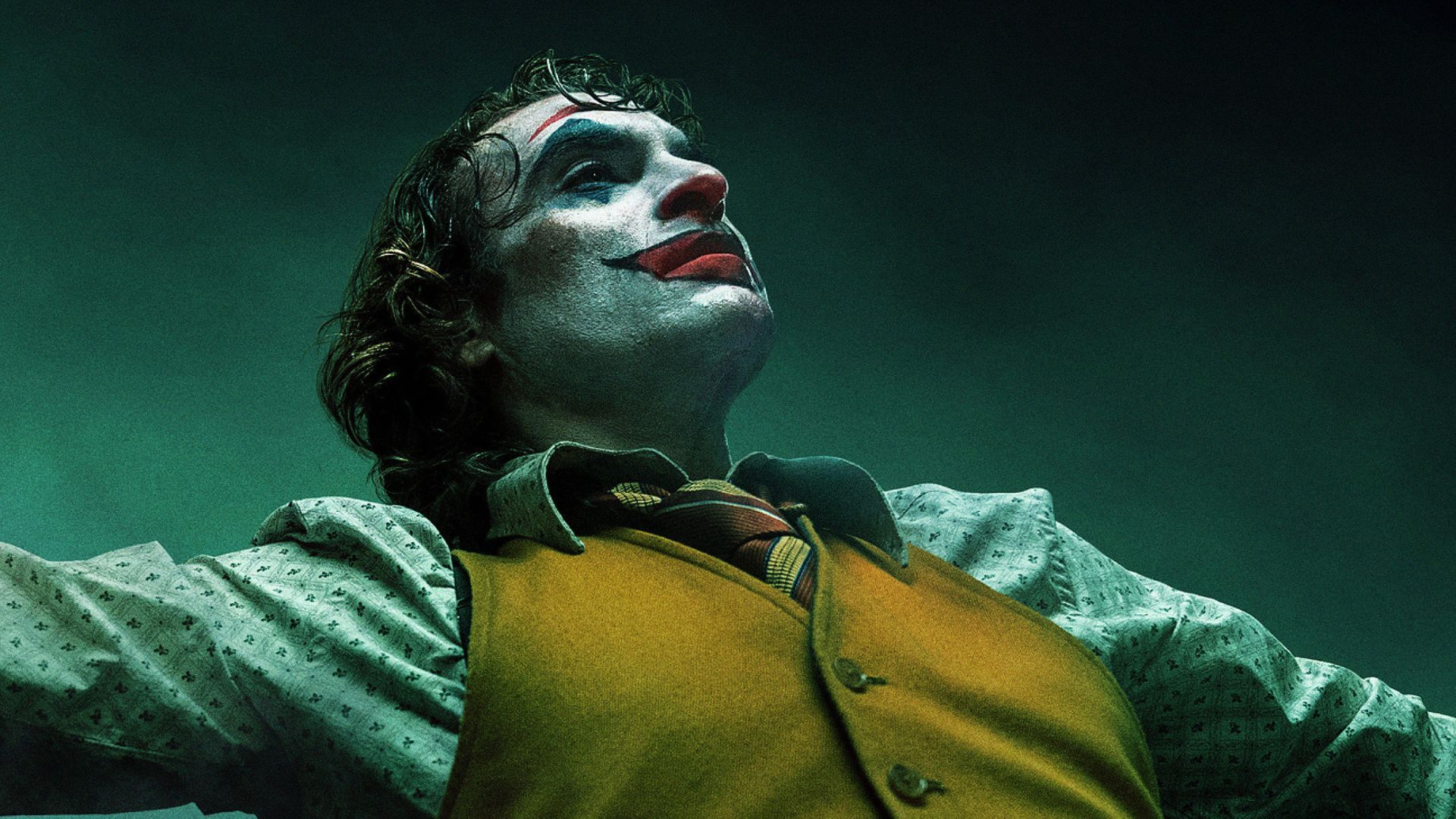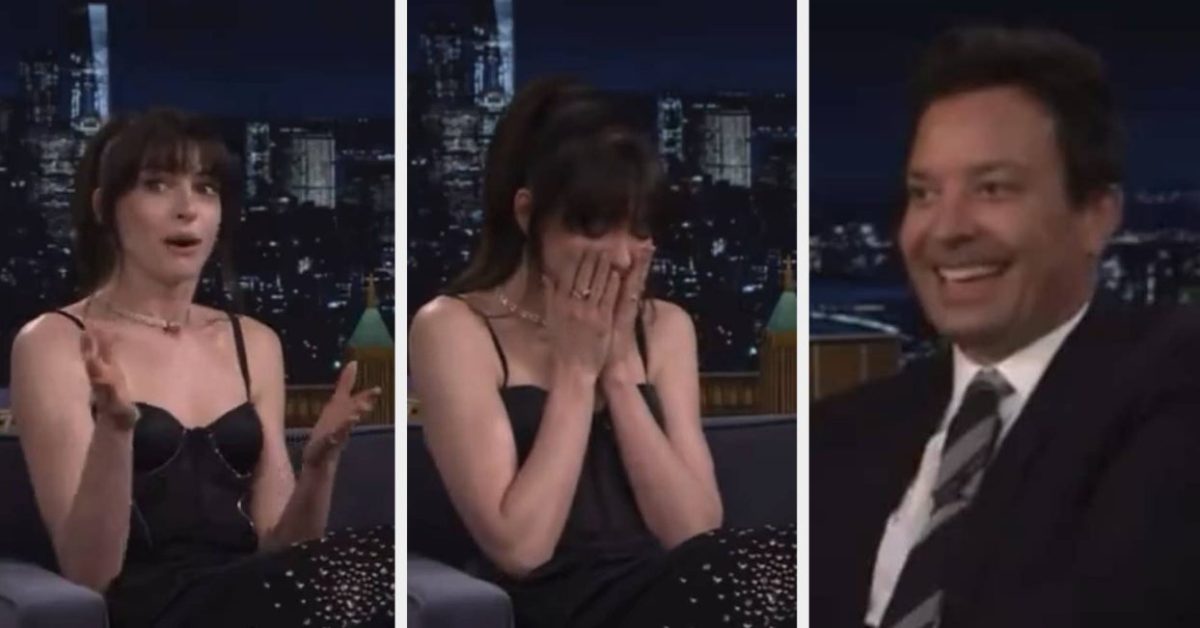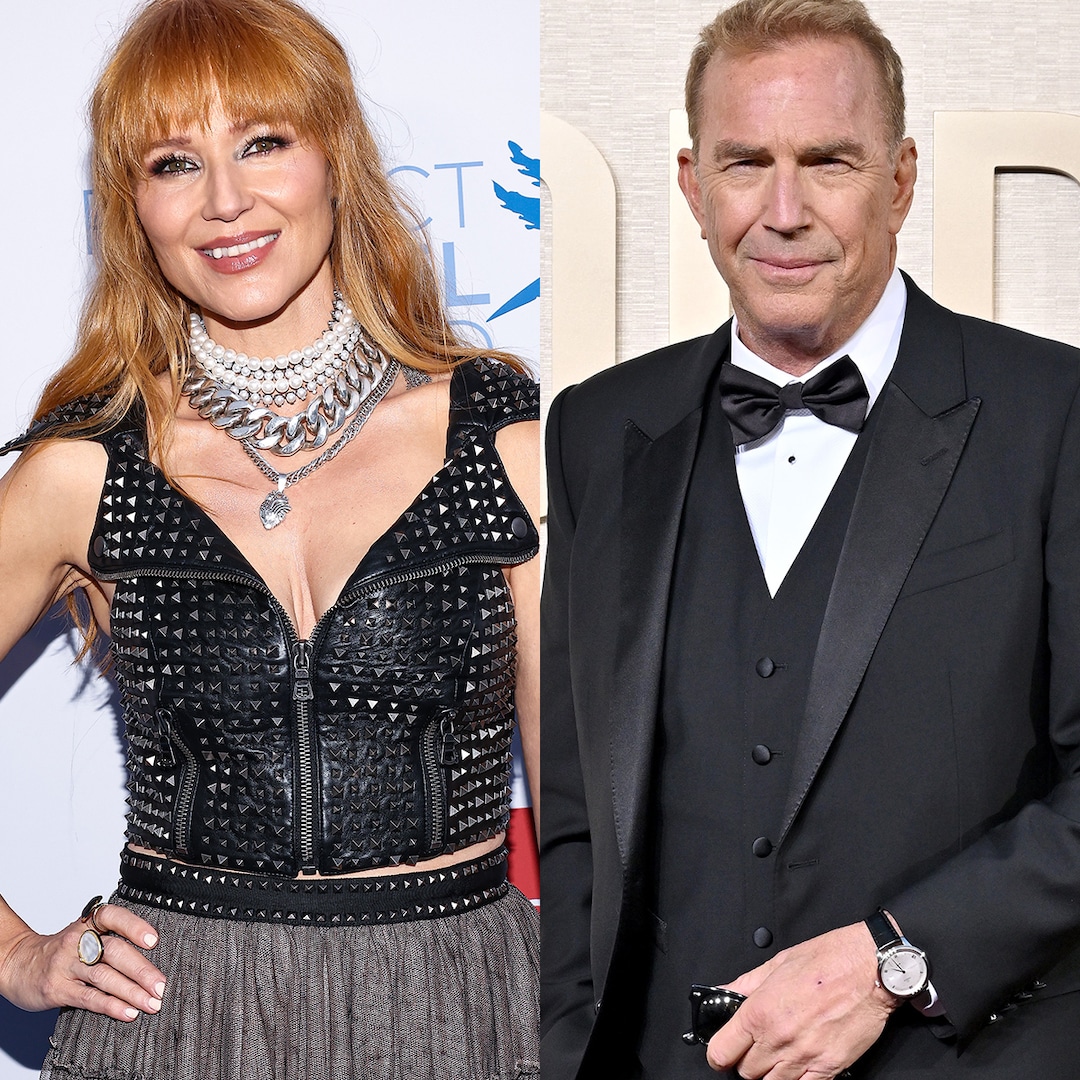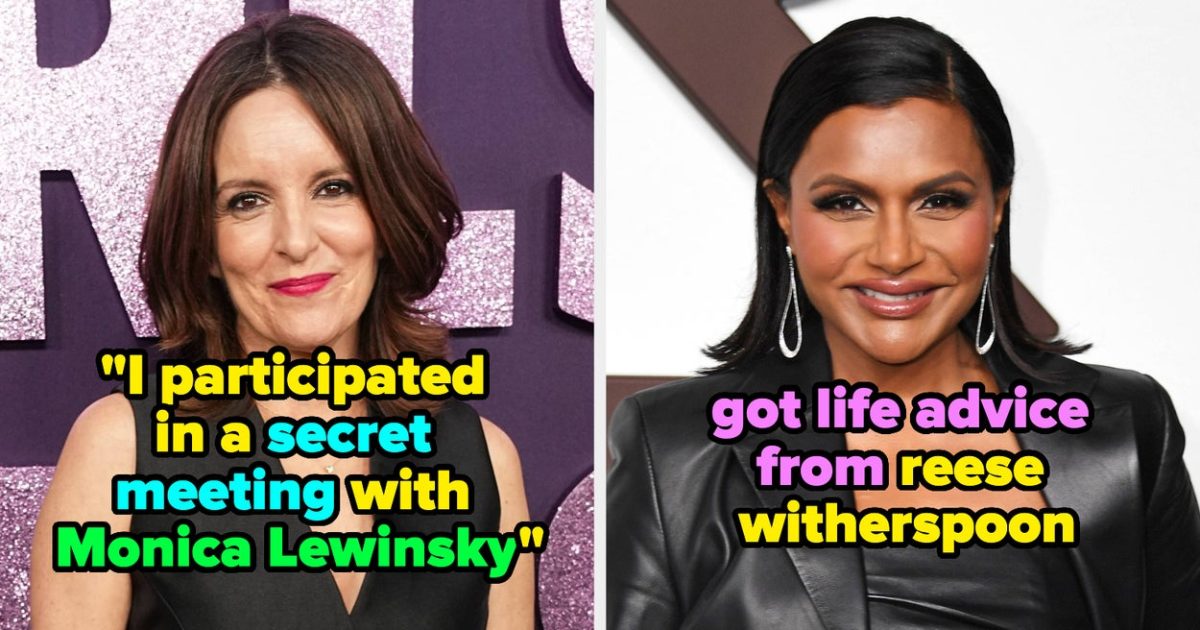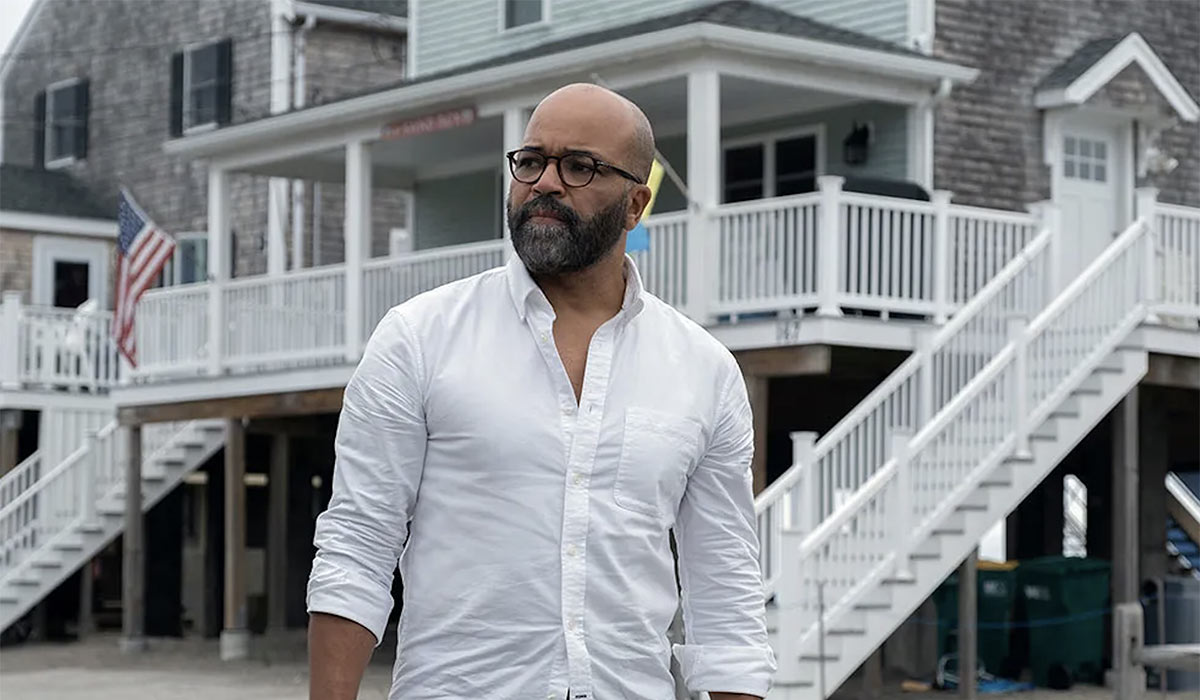
Jeffrey Wright Hasn’t Always Wanted The Spotlight But Then Came ‘American Fiction’ [Interview]
Dec 19, 2023
We had a question for Jeffrey Wright, but we knew we had to be careful with it. The star of Cord Jefferson‘s award-season darling, “American Fiction,” is in the running for a Best Actor Oscar nomination and has already won several critics’ group awards. And yet, since his breakout debut as the title character in the 1996 indie biopic “Basquiat,” title roles on the big screen seemed few and far between (emphasis on “seemed”). On the stage, on television (“Westworld,” “What If…?”), sure. But this opportunity seemed, well, different.
READ MORE: “American Fiction” Review: Cord Jefferson delivers a funny and insightful feature debut [TIFF]
Adapted from Percival Everett‘s 2001 novel “Erasure,” the Amazon MGM Studios release finds Wright playing Thelonious “Monk” Ellison a literary professor and novelist juggling career challenges as well as a family he’s kept his distance from on the other side of the country. Frustrated by the success of black authors writing what he considers cliche novels of the inner-city experience, he quickly spits out his own stereotypical novel, “My Pafology,” and submits it to publishers under a pseudonym hoping to shame them if they like it. Much to his shock, publishers go crazy for it and he’s soon forced to sell it and keep the charade going to help cover his struggling mother’s medical bills. And, yet, despite roles in numerous Wes Anderson films as well as “The Hunger Games” and James Bond franchises, it’s been a while since a leading film role like Monk has come Wright’s way.
So, we asked him why he thought that was.
“After, I don’t know, the first quarter of my career, my kids were born. I did not want to go away for six months and work on a movie and leave my kids at home,” Wright explains. “For example, when James Bond came around, they said, ‘Hey, you want to play Felix Leiter?’ I was like, ‘One, Felix Leiter is my dog. Jack Lord was my guy. And yes, I would love to be a part of that. Oh, O.K., I go away to London for 10 days or two weeks and then come back home, and I have money to pay for diapers and all that stuff? Yeah. O.K. I’ll do that.’ And then I get to hang closer to my kids.”
Wright continues, “Another film that I did, I guess one of the first when I played a bigger supporting role was ‘Ali.‘ I did that movie, not because I was just looking for that role specifically to play, although I fell in love with Howard Bingham. I got to know him as a man, and I think he was a brilliant photographer. He was and curious, interesting, lovely man. But I took that role because we were going to shoot in Africa for a month and a half, which we did in Mozambique. I was like, ‘Yeah, that’d be really cool.’ Also because I thought that I would get to hang out with Muhammad Ali and get to know him, and I did. I spent a lot of time with Muhammad Ali working on that. It was just the gift of a lifetime, and that’s why I took that role. So different variables come into the decision.”
The Tony and Emmy Award winner then adds, “Another thing, I like playing, supporting roles. I like it. It keeps me humble. If it’s a good part if it’s a good script, the circumstances are good, and the collaborators are of the right quality, I like doing it. I like being a piece of the puzzle. It doesn’t always have to be about me, but sometimes it is. At times, it’s better when it is. But it doesn’t always have to be.”
Throughout our conversation, which took place earlier this month, Wright talks about finally getting to see “Fiction” in a theater with an audience, watching the Toronto International Film Festival journey to a People’s Choice Award win from a distance, Jefferson’s leadership on set, how the script spoke to him and much, much more.
_____
The Playlist: How tough was it for you to see this movie explode at the Toronto Film Festival and not really get to be a part of it?
Jeffrey Wright: I was hanging out on my sofa, taking it all in via the interwebs. I was pleased that it was well received, and then I would go out and ride my bike up in the mountains, or I’d go out and hop in the ocean and go surf. And then I’d come back and cheer our director Cord Jefferson on as he was out there tirelessly, relentlessly promoting our film. I thought, “He’s doing very well. Carry on my man.” It was difficult to some extent, but I liked that model. There was a purity to it. Allow the director to present his film. It was necessary obviously because we couldn’t post about it on the internet. There was nothing that we could do because we had to support our fellow union members of SAG-AFTRA. At the end of the day, the film was doing very well. Clearly, with or without us, the film was making an impact. So that was pretty cool to see.
One fact that struck me when I ended up reading about this movie was that a concept that seems very contemporary is based on a novel that’s over 20 years old. I’m curious, do you remember the original novel coming out?
I had not read the novel, and I don’t recall even reading a review of it when it came out. My first introduction to this character and the story was through Cord’s script. I picked up the novel, and I realized that Cord had reshaped it in his own image in many respects. But I did see some overlaps that were interesting to me or that seemed familiar to me. One, the novelist set in D.C. which is where I grew up, so there was a familiarity there. But Cord had taken certain catalyzing moments within the novel and totally reshaped them to serve the interest of the film. So, I focused more on his script. However, there were things that I took away from the novel. There are these wonderful moments in the novel that are these meditations. When I did “Topdog/Underdog,” there are these moments within that play that Suzan-Lori Parks describes as spells. They’re just these words repeated, and it’s a moment of reflection that really gave a lot of information to me, at least for the performance. Likewise, in the novel, there are these wonderful, let’s call them spells, these moments where Monk describes these interests that have nothing to do with the story that’s being told in some ways, only in that they relate to his character. He talks about his love of fly fishing, and he’ll describe the ways in which he goes about it and the methodologies that he uses. Or he’ll describe his interest in woodworking, and they just take us out for a minute. There’s a quietness to those moments and obvious self-reflection. Those were very helpful to me in terms of imagining this character’s quiet, moments of isolation or his tendency to pull away into himself, this quality of introversion. But again, Cord’s script is very much its own thing. I think Percival acknowledged that when he saw the film said, “You’ve made this into your own piece of art.” Yeah, Cord’s script provided most of the information for me along with the book of my own life because I knew this character’s journey, particularly as it relates to his relationship with family. I knew it intimately.
Speaking of that, not many actors might admit that they see themselves or their family in a role, especially in a project like this. I’ve had conversations just like Monk has had with his sister about family and parents. Like many viewers, I get what he’s going through with his mother hitting a certain age. Was that something that appealed to you?
Well, I think the parallels for me weren’t so much necessarily in terms of the specificity of the dynamics, but in the essence and the spirit of the dynamics in that Monk is asked at a point in his life that some of us reach and others will reach where he’s tasked with becoming the caretaker really to his family, but specifically the caretaker to she who was his caretaker, his mother. That just really resonated with me. My mom passed about a year before I read this script, and I was still very much trying to work through the implications of all of that, which are grand. I was also raised by two women, my mother and her older sister, my aunt who then came to live with me. She’s 94 years old now. I related to the story of a man who is confronted with the possibility of certain sacrifices, whether they be personal, creative, or professional on behalf of his responsibilities to family. I also loved that that side of the story had nothing to do with identity, had nothing to do with the conversation around race, and all of that, but only had to do with the nature of life. I thought there was just a wonderful… It was just so human, and it was also, I thought rare in that that human story was told from the perspective of a character that I might be and that I was asked to play.
Well, two questions on that. One, obviously there is the narrative and themes you’re talking about, which are very grounded, dramatic themes that people can relate to. But the film also has these almost over-the-top, sort of realistic but very funny moments. This is for any filmmaker, any writer, a tough tone to balance out. Did you feel when you read the script you knew what the tone of the project was, or was it one of those things where you got on set and everybody working together, and you came to it?
I think it was pretty clear. The reason that it was clear is because the two, if we want to call them sides of the film, have a symbiotic relationship. They coexist organically in that Monk, to an extent, is compelled to live this dual identity. t entirely, but to some extent because it will serve the interests of his family. He does it out of spite. He does it out of anger and frustration, and he does it out of a sense of arrogance. He writes this novel as a joke to be dismissive of what he considers the quality of literature that the publishing industry has an appetite for. But then he also does it because he can make money from it to help his mother. The absurdity that he’s asked to inhabit is driven to some extent by the crisis that he finds himself within in another part of the film. I didn’t see them necessarily as existing in separate realities. I think also the satire and the social commentary and all of that more arched stuff that we find is not so much a comment on Monk’s absurdity. It is to an extent, but it’s more on the absurdity of the world outside him that he finds himself in opposition to. For me, maybe it was just a justification, but I do think there is a wonderful complimentary relationship between those two aspects of the film.
Also, while the film is not hammering the audience over the head, and there’s a great deal of ambiguity woven into it, which I think is good. It’s not trying to answer questions, but I do think that the portrait of this family is in some ways a response to this conversation that we’re having around the limitations of narrative types and the stereotypes and the tropes that we see too often in popular culture. The response is, here are these people on the other side, this family that he’s at the center of that is messy and beautiful and loving despite itself, and functional, and dysfunctional, and at the same time together just like any other family that anyone else might experience. It just happens to be populated by a group of Black folks, so I love the relationship between these seemingly disparate aspects of our film.
You mentioned something a couple of minutes ago, and I hope you don’t mind me asking about this. When I was reviewing the movie, I was researching and going back, and I was frustrated. Angry might be a strong word, but maybe disappointed to find out that this was one of the very few leading roles in a movie that you have been cast in. Did you think that these sorts of opportunities just weren’t going to come along, that it was just ensemble work moving forward, or had you been fighting for these sorts of characters?
Yeah. In the past few years, there’ve been a few leads. I did a film called “Hold the Dark” with Jeremy Saulnier. I did “Cadillac Records.” I’m essentially the lead in that movie. “O.G.,” which was the film that aired on HBO that we filmed in a working maximum security prison with guys who were incarcerated. I’m the lead in that. There are a few others in the last few years. Early on, of course, there was “Basquiat.” There was “Boycott,” it was on HBO. There were some other stuff. The thing is, I choose roles for a variety of different reasons. After, I don’t know, the first quarter of my career, my kids were born. I did not want to go away for six months and work on a movie and leave my kids at home. For example, when James Bond came around, they said, “Hey, you want to play Felix Lighter?” I was like, “One, Felix Leiter is my dog. Jack Lord was my guy. And yes, I would love to be a part of that. Oh, O.K., I go away to London for 10 days or two weeks and then come back home, and I have money to pay for diapers and all that stuff? Yeah. Okay, I’ll do that.” And then I get to hang closer to my kids. Another film that I did, I guess one of the first when I played a bigger supporting role was “Ali.” I did that movie, not because I was just looking for that role specifically to play, although I fell in love with Howard Bingham. I got to know him as a man, and I think he was a brilliant photographer. He was and curious, interesting, lovely man. But I took that role because we were going to shoot in Africa for a month and a half, which we did in Mozambique. I was like, “Yeah, that’d be really cool.” Also because I thought that I would get to hang out with Muhammad Ali and get to know him, and I did. I spent a lot of time with Muhammad Ali working on that. It was just the gift of a lifetime, and that’s why I took that role. So there’re different variables that come into the decision. Another thing, I like playing, supporting roles. I like it. It keeps me humble. If it’s a good part, if it’s a good script, the circumstances are good, and the collaborators are of the right quality, I like doing it. I like being a piece of the puzzle. It doesn’t always have to be about me, but sometimes it is. At times, it’s better when it is. But it doesn’t always have to be.
Well, after this film I think more people are going to hope that it is more about you in the years to come.
Well, I appreciate that.
Have you had a chance to sit with an audience and see it, and what has that experience been like for you?
I did. I finally had the opportunity to watch it with an audience last week in Brooklyn in my neighborhood, at the Brooklyn Academy of Music. We, actors, have a strange relationship with our work on film. We do it. It’s out there. You have this disconnect from the audience. For me, particularly coming from the theater, it’s helpful to see it in this instance as well with an audience, so that you can understand the complete picture and understand how it’s landing. I was so pleased with this. I was so pleased with the audience’s engagement with it, and I also made my peace with it, which is necessary because I’m so often neurotic about this stuff. I’m a bit of a perfectionist. At some point, I have to let it go. I was able to do that that night with the audience and say, “O.K., it’s theirs now.” I also looked at it at one point, and I just marveled at the beauty of certain moments of it. I was really moved particularly by this portrait of this family. I just loved seeing Tracee [Ellis Ross] and Sterling [K. Brown] and Leslie [Uggams] and Erika [Alexander] and Myra Lucretia Taylor, who plays Lorraine, and Ray Anthony Thomas, who plays Maynard. It was just so beautiful and warm to see those people together, creating this portrait that I think we rarely see in the media. I was really touched by it.
Yeah, we don’t see it enough across the board. I only have so much time, but I wanted to ask you about Cord. I know you’ve worked with many first-time filmmakers over your career, and obviously, he already had a celebrated career as a screenwriter. What surprised you about him as a director on set?
There were very few surprises. That was the best part. He was a clear communicator on the page, but also on the set. He had an ease about him, although he was learning where the levers and the buttons were on a movie set and learning how to manage that toward the end of realizing his vision. But we laughed our way through it. He’s a quick study. He’s a smart guy, but he galvanized everyone around him to do their best work. That ultimately is what directing is about. It’s about a quality of leadership that brings people together toward this common end of making a film. We got the sense while we were doing that, that everyone was on board. Not the actors but the crew, everyone was on board to do something to bring their best to the table. As we were moving on, the momentum was building and we got the sense that we were doing something that could be pretty good, that might even be special. That happens at times on a set. When it does, you can feel it. You can feel it from the crew that they work with a little more detail, a little more pride in their work. That doesn’t happen without the quality of leadership that Cord brought to this project.
“American Fiction” is now in limited release. It expands to more markets across the country over the next month.
Publisher: Source link
Jimmy Fallon Praised For Saving Anne Hathaway From Awkward Moment
Anne explained at the movie’s premiere at SXSW: “For some reason, we talk about coming-of-age stories as being something that happens to you in the earliest part of your life, and I don’t know about you, but I feel like…
May 5, 2024
Jewel Shares Cryptic Message on Love Amid Kevin Costner Dating Rumors
Jewel's message on true love is a diamond in the rough. Although the singer—who rumored to be dating Kevin Costner —is continuing to play coy on their relationship status, she did recently reveal why she's in such a good place in life right now. "I…
May 5, 2024
14 Famous People Name-Drop Celebs In Memoirs
14 Famous People Name-Drop Celebs In Memoirs 1. In her memoir, Rebel Rising, Rebel Wilson shared that she thinks Adele actually hates her. “Some actresses would get offended if I called them plus-size in this book, so I have to…
May 4, 2024
Nordstrom Rack is Heating Up With Swimsuit Deals Starting At $14
We independently selected these deals and products because we love them, and we think you might like them at these prices. E! has affiliate relationships, so we may get a commission if you purchase something through our links. Items are…
May 4, 2024
